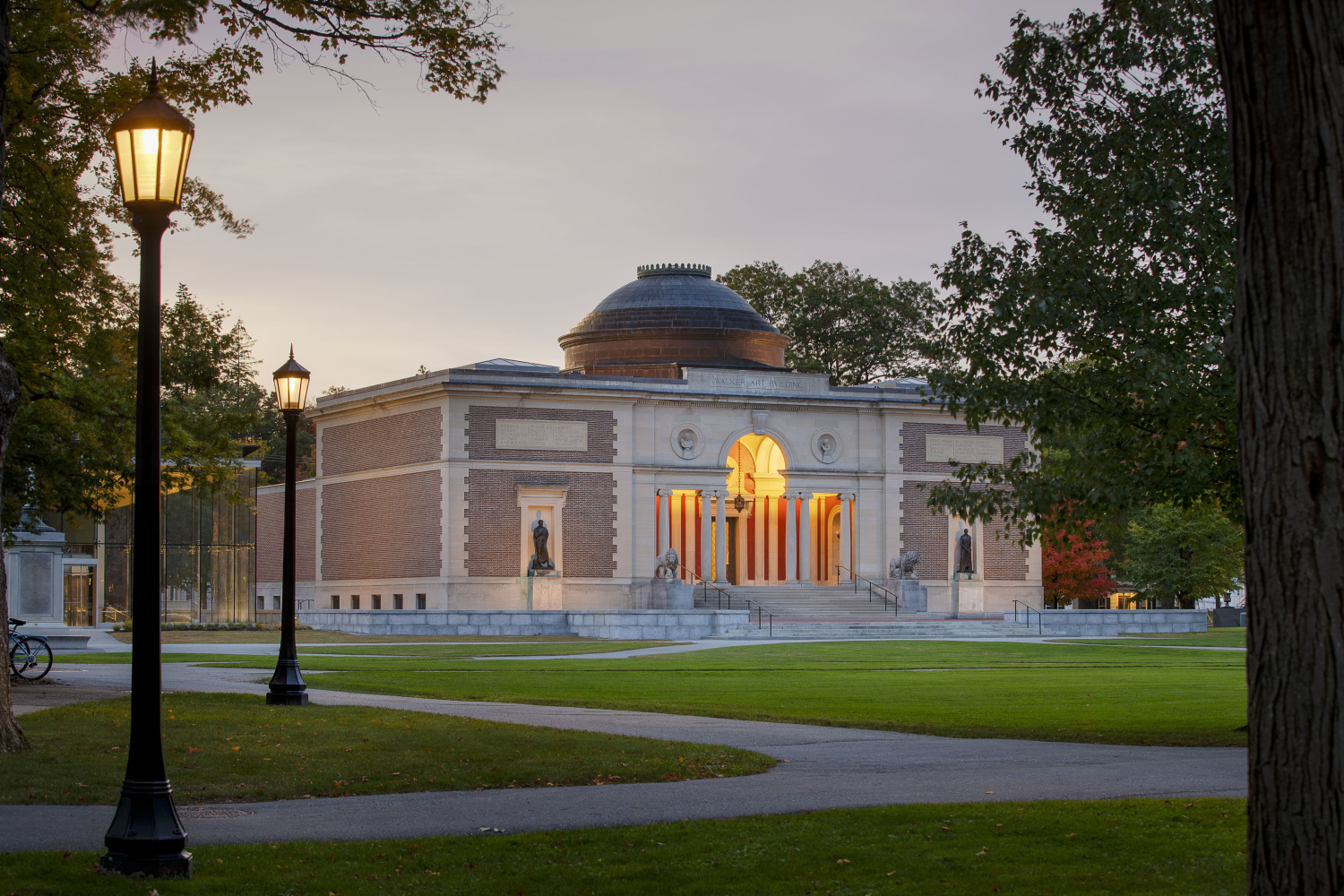Guest Speaker:
Safa Zaki: President of the College
Introduction:
Zaki: PhD in psychology, was the dean of faculty before Bowdoin. First year at Bowdoin got to know the institution by spending time with staff in different departments and having student lunches. Currently trying to do strategic planning for things in the future. Must strengthen the structures before specific planning, currently:
- Put together a committee to know if we can do textbooks and buying textbooks differently, having the exact amount needed to buy required materials.
- Updating spaces on campus and their uses, working on coming up with a campus plan to include renovations and possibly new buildings/spaces.
- Asking do we have the right structures around student research, are we doing everything we can do to support students in research?
- Excited about being here to engage with the community, as was done with the BSG Thanksgiving initiative.
Q&A:
Harper: The Thanksgiving break initiative allowed partnership between students and faculty. At what point does a BSG initiative change from being a student government initiative to being a school policy?
- Zaki: One of the ways we can work together is working with the person most related to the initiative (i.e. Matt Orlando for break transportation). It’s wonderful when things are maintained as student-led, am willing to put you in touch with resources when the administration believes they should move forward as well.
Nolan: As Bowdoin starts to create plans for the future, how is the administration committed to keeping students engaged?
- Zaki: I am eager to make sure that Bowdoin reflects student input. Student experience is an essential part of Bowdoin. BSG can play a role in working together to represent student voices.
Elliott: Talking about the hidden cost of college, such as transport and laundry; is it Bowdoin’s job to cover these hidden costs? If yes, would Bowdoin also decide who qualifies for coverage?
- Zaki: It’s important to help people understand that Bowdoin may at times feel like a place where you don’t fully belong due to hidden costs and hidden curriculum. We won’t get it fully right, but can figure out the highest priorities in this issue and work through them.
Henry: What goes into calculating tuition, particularly concerning the endowment? Why has tuition risen?
- Zaki: Half of the funding comes from endowment. A greater share of the cost of attendance is covered by endowment, which is true for both students on and not on aid. When setting costs, Bowdoin makes calculations using increases in expenditure and what we believe students can afford.
- Zaki: Expenditures have increased. The number of staff positions has increased and the college is offering more services, such as the Office of Diversity and Inclusion and councilors. At Bowdoin we are need-blind for both domestic and international students while being no-loan which is quite rare, and majority of funding for this comes from endowment. Despite the intimidating inversion college can be, I hope you all feel like the education is worth it.
Community member: Question is about the Ad Hoc committee recently created. There was frustration among peers that there was no option to ask questions, do you know if there is a plan to incorporate student input?
- Zaki: I wouldn’t know since the committee is purposefully kept independent from my role. I would encourage you to get in contact with them directly about this.
Andy: Will there be a chance for students to get more financial aid?
- Zaki: We have a methodology to figure out how much aid is given to each student, and have no current plans as of now to change it. The general methodology should cover what students spend and if not, would love to hear feedback.
Jonathan: What do you think about the decline in enrollment in humanities in the context of a liberal arts education?
- Zaki: I like to think of it as a crisis of enrollment but not a crisis of the humanities since the quality of the humanities department is alive and well. There is a critical role of humanities in the liberal arts education. Liberal arts is like a set of lenses that allow different ways of looking at knowledge and they must be all represented. Graduating classes will face climate change, global conflict, etc. These problems will be solved using insights from the range of disciplines that Bowdoin teaches. Will not be cutting humanities departments at Bowdoin.
Vincent: How has your philosophy of being a leader changed throughout the past year? Any significant moments?
- Zaki: Lots of little moments. One of the most surprising things I found at Bowdoin are the students. I remember being afraid no one would sign up for student lunches, but people did show up. I appreciate that students see Bowdoin as a group activity, I feel even more inclined to hear from students since I’ve seen such engagement.
Ainsley: How do you plan to balance the high turnover of students with the more long-term positions of staff?
- Zaki: For example, campus buildings, we may be asking about changes that will not take place until after their graduation, but we hope students feel like they are always part of Bowdoin even after graduation.
Max: Is there anything you did last year that you feel you could’ve done differently?
- Zaki: I think leadership means making mistakes and reflecting on them. My job is both an impossible and the best job since you will always make mistakes, and it’s impossible to make everyone happy but it is fundamentally about learning from mistakes. I am always open to feedback, even when things are complicated.
Eisa: Any updates from Bowdoin after the recent Supreme Court decision on affirmative action?
- Zaki: We looked at statistics on the first admitted class post-supreme court decision and what we’ve seen is a vast landscape of results across colleges in the U.S. While Bowdoin’s results are certainly not the most dramatic, there was a drop in Asian American students, mixed category students and an increase in white students. Supreme Court decision was like removing a tool in our toolbox but not our goal for a diverse student body. Now we have one year of data but will need more time and data to know the full effect of this decision.
Gianna: Are there any efforts to bridge the gap between those who are get full financial aid and those who are able to afford full tuition? Specifically how this may place a burden on middle class students who fall in the middle of the spectrum.
- Zaki: Don’t have the data currently, but are paying attention to middle class, constantly making an effort to make college affordable to the middle class as well.
Andy: How do you plan on supporting students who want to make a change on campus?
- Zaki: Part of what it means to be in an intellectual environment is being able to change your mind if given data that convinces you to lean in the other direction. I am eager to hear from you guys on the ways that I can help.
Alejandro: What do you think is the value of a liberal arts education in the era of AI?
- Zaki: The fact that faculty are so tuned in to student learning is what will help us be in the best place. Faculty are engaged in productive conversations on how to integrate AI into learning, if at all. Although AI can write an essay in seconds, writing is not about the final product, it’s about what happens to you while creating the final product, and Bowdoin faculty values that process.
Angelica: What is a good approach for getting the name of liberal arts colleges like Bowdoin out there?
- Zaki: I think right now in the era of technology, liberal arts is not getting the best reputation but I believe this is misinformed and I think the best course of action is spreading the story of the liberal arts college.
Harper: What is your favorite Bowdoin tradition and what tradition would you like to introduce?
- Zaki: I love Bowdoin logs, and the Bowdoin hello. Love the general vibe on campus. One of my favorite traditions at Williams was Mountain Day.
Aman: How should Bowdoin make sure input is heard regarding global issues?
- Zaki: Continue to find ways to connect with each other.
Vincent: What measures do you take to resolve inner conflicts?
- Zaki: Part of it comes from my culture, and a lot of it comes from intent, understanding good intentions even when in disagreement.
- Vincent: Do you ever fear that your ideals would not necessarily get out into the world?
- Zaki: It depends on the situation. Things that I want from Bowdoin that no one else wants are probably things that should not happen.
BSG Retreat Funding Proposal:
[Rules of Order Adopted]
[Proposal (Elliott), second (Eisa)]
Elliott: Approve $272.00 to cover the cost of food purchases and van rentals for BSG September retreats.
[Motion to Vote (Abigail) → Proposal Passes]
BSG General Funding Proposal:
[Proposal (Elliott), second (Max)]
Elliott: $10,000 of general funding for BSG to be able to use on initiatives without having to request from SAFC each time.
Max: This would allow BSG to have something to draw from and not have to keep coming to the SAFC.
Elliott: Consider that this would be $10,000 that would be taken away from club’s potential funds.
Eisa: Spending power is what differentiates BSG from other groups. Bringing spending power back and the ability to make use of funds to make a change.
Sadie: Would we be able to vote if a proposal’s funding would come from these $10,000 or SAFC?
- Elliott: Any proposal wanting to make use of this funding must state that it will draw funds from the bucket.
[Motion to Vote (Eisa) → Proposal Passes]


